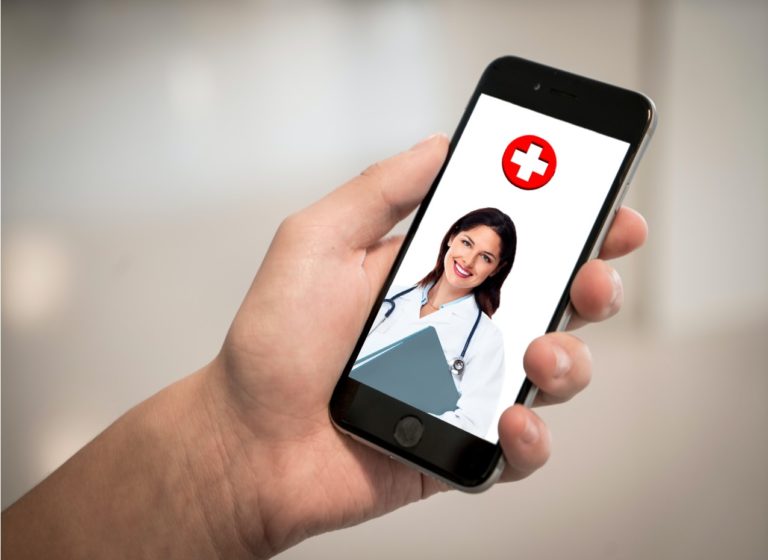More than likely, whether you realize it or not, your health insurance plan provides you access to telehealth medical services. Most commercial group insurance programs offer this benefit to all fully insured clients and most self funded employers have also embraced the technology, making it available to their employees as well. So how about you, have you considered some of the benefits of accessing medical care through a live conversation with a medical professional on your phone, tablet or personal computing device of choice? The following are five of the benefits often associated with utilizing telemedicine benefits:
5 Benefits of Telemedicine
Price
Telemedicine is generally half the cost of a regular physician office visit, a quarter the cost of an urgent care visit, and less than 5% the cost of an emergency room visit. What does this mean for you? It means you could save upwards of $2,000 for consulting with a telehealth provider rather than an emergency room physician for those severe headaches, back pain or flu symptoms.
Immediate Care
There is no need to wait for an appointment with your doctor as telemedicine visits are generally available immediately. Further, through the widespread adoption of electronic medical records, there is a high likelihood that the telehealth doctor you connect with would have access to your medical history as well as share the notes from your call electronically with your primary care physician.
Saved Time
Telemedicine saves you the time you would have typically spent in the waiting room as well as commuting to and from your appointment. The time spent using telemedicine is typically 50-75% less than a traditional visit to a physician. When you consider the distance that many in rural communities have to travel to meet with a physician, the benefit is even greater.
Safety
Telemedicine is a great way to keep others from catching anything you’ve got or yourself catching what they’ve got as doctor’s office, urgent care and emergency room settings invariably collect and share some measure of the germs of those coming through their doors faster than they can sanitze.
Uncertainty
How many times have you been on the fence as to whether the symptoms you or a loved one were facing were viral or bacterial, or whether or not an injury or a fall was severe enough to warrant medical treatment? Telemedicine, in addition to any 24/7 nurse call line provided by your insurance carrier, is an excellent way to get a professional opinion without a significant financial and time investment.
When to Use Telehealth
While telemedicine is no replacement for emergency medical treatment, it should be your first recourse for ailmants such as the following:



